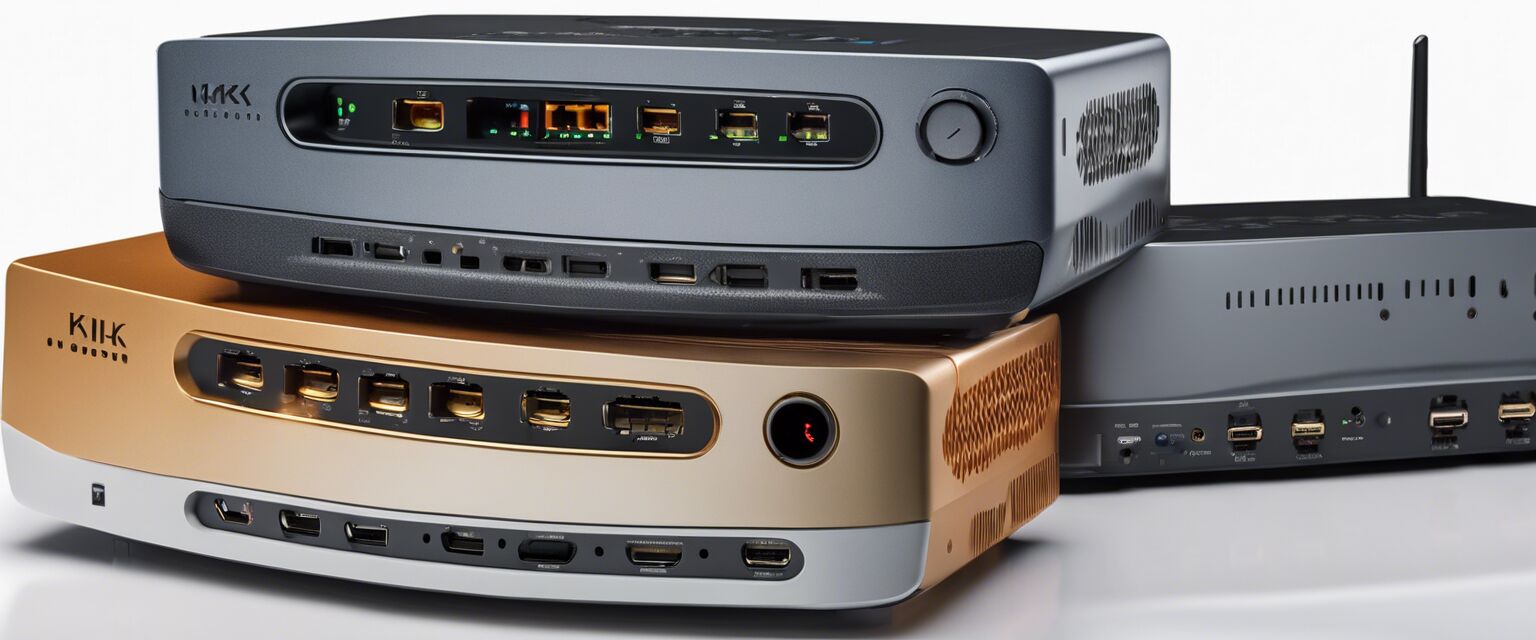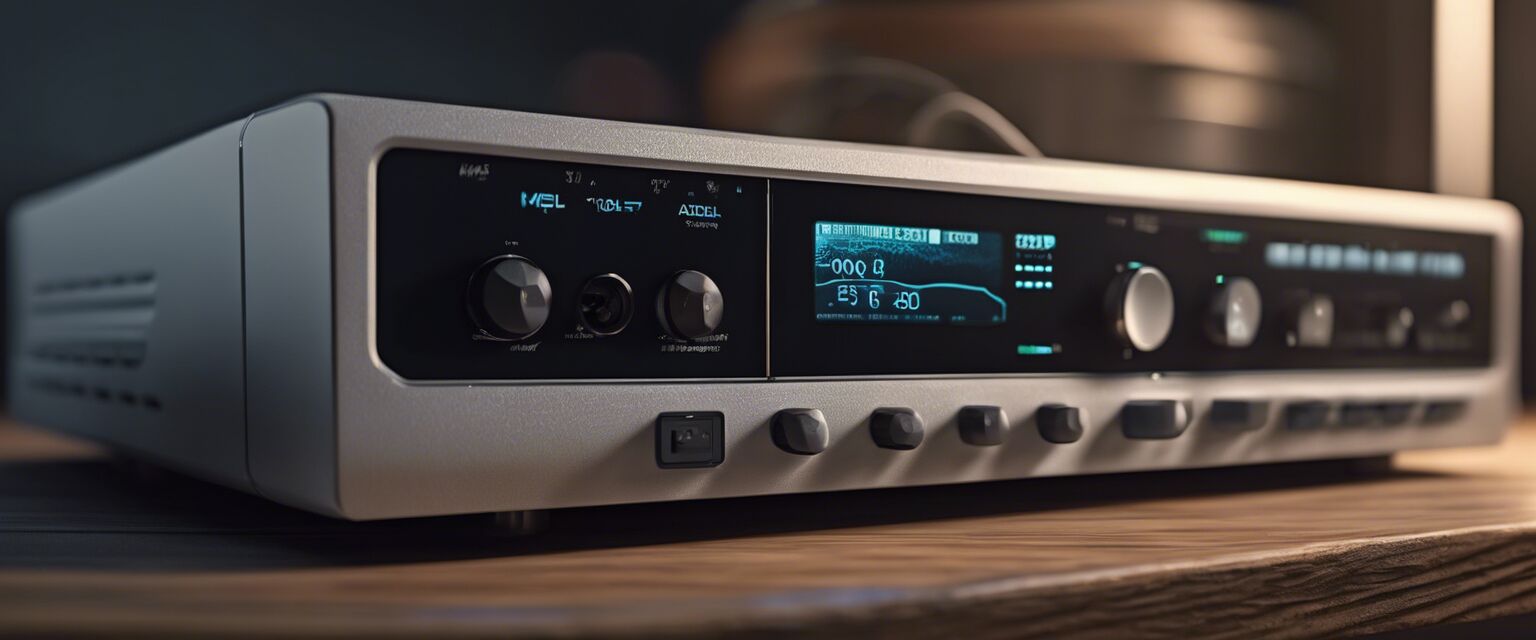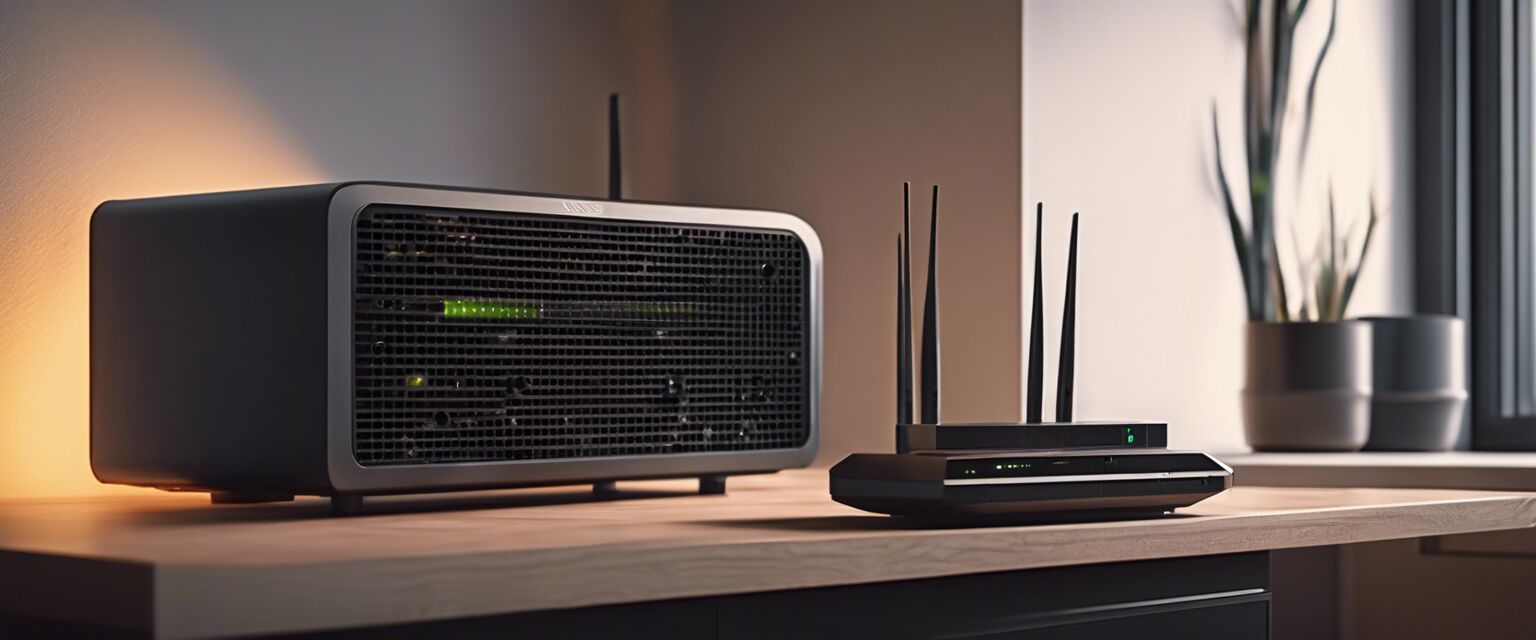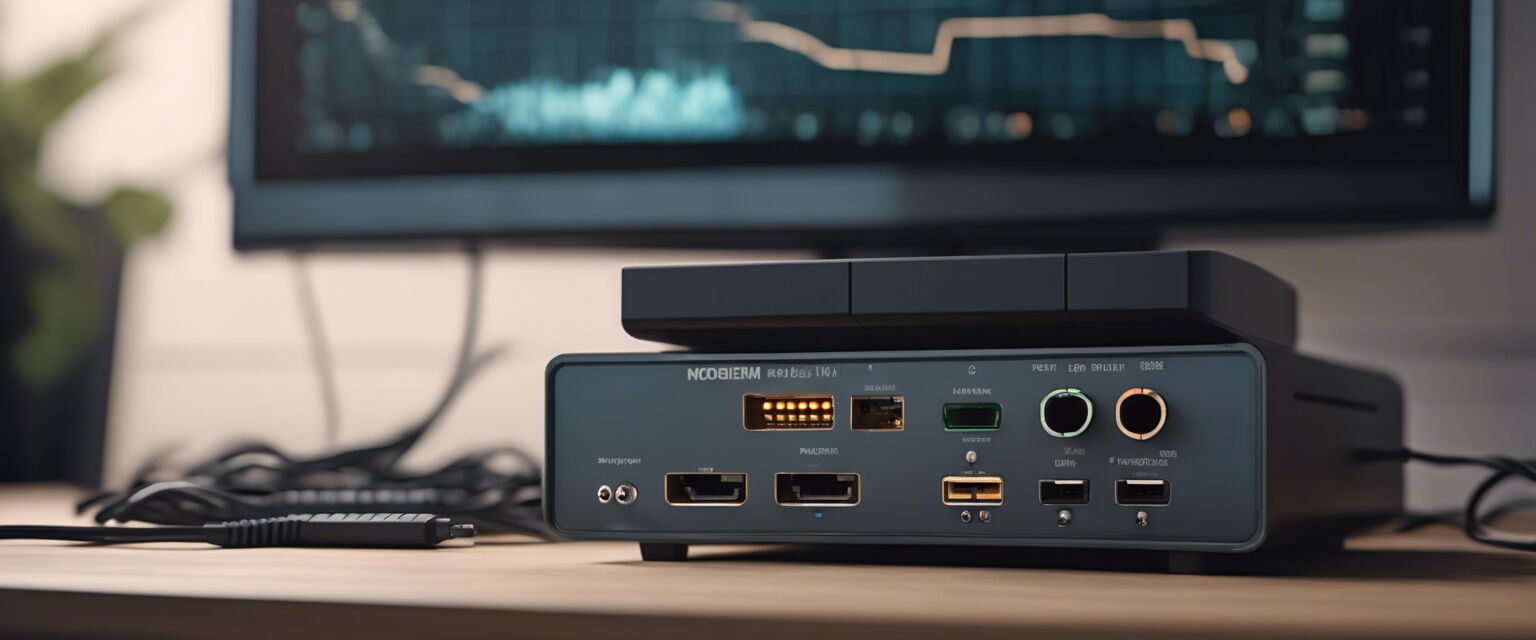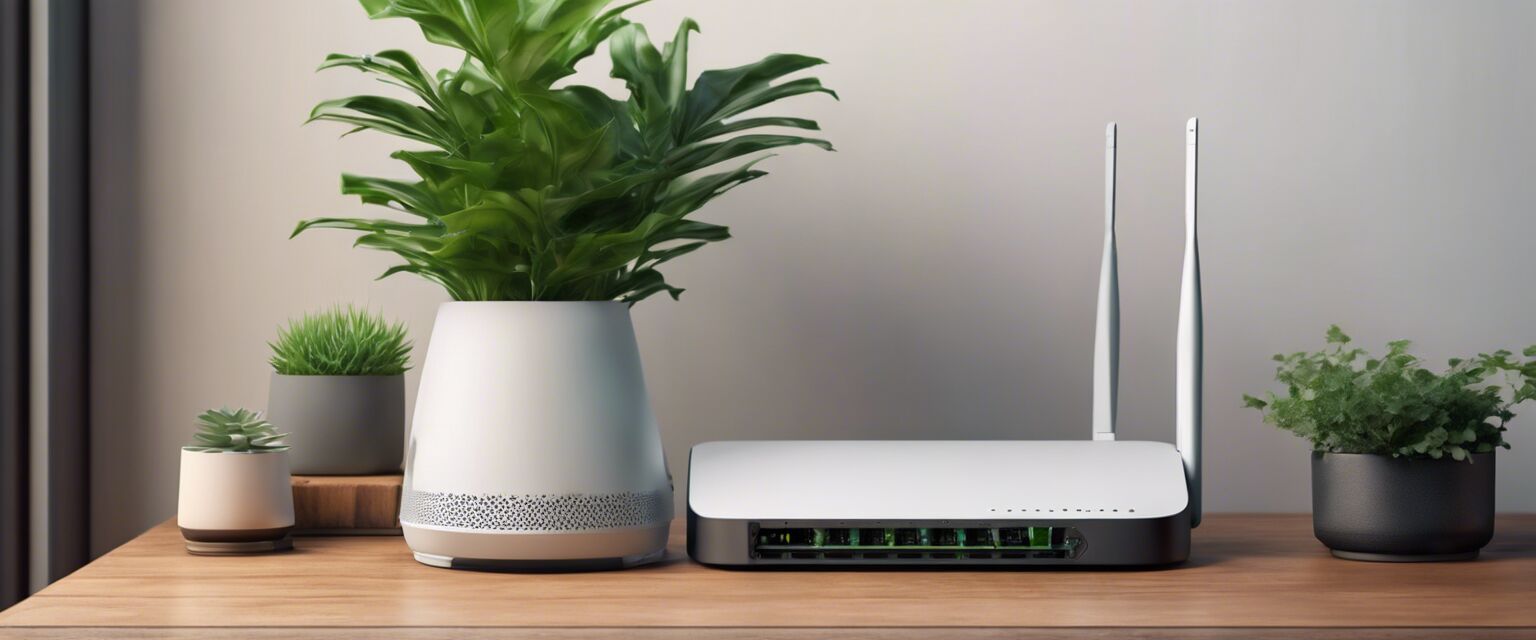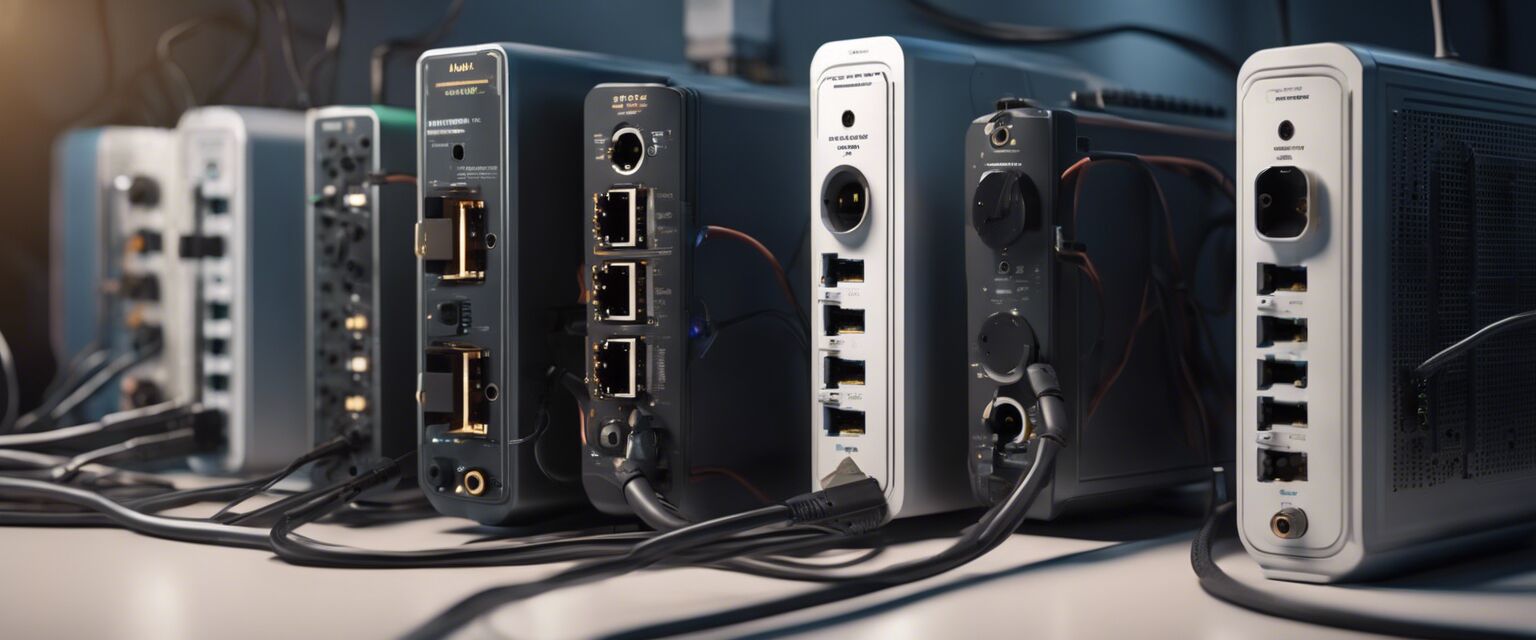
Modem Compatibility Guide
Choosing the right modem can be overwhelming, especially with the numerous internet service providers (ISPs) and devices available. In this guide, we'll help you navigate the complex world of modem compatibility, ensuring you pick the perfect modem for your needs.
Key Takeaways
- Check your ISP's compatibility list before purchasing a modem
- Ensure your modem is compatible with your device's operating system
- Consider the number of devices you'll be connecting to your modem
- Check for any additional features you may need, such as Wi-Fi capability or voice support
Understanding Modem Compatibility
Modem compatibility depends on several factors, including your ISP, device type, and operating system. Let's break down these factors to help you make an informed decision.
ISP Compatibility
Not all modems are compatible with every ISP. Before purchasing a modem, check your ISP's compatibility list to ensure the modem you choose will work with their service.
| ISP | Compatible Modems |
|---|---|
| AT&T | Arris SURFboard, Motorola MB7420, Netgear CM500 |
| Comcast Xfinity | Arris SURFboard, Netgear CM600, TP-Link Archer CR500 |
| Verizon Fios | Actiontec MI424WR, Netgear R6120, TP-Link Archer VR2800 |
Device Compatibility
Your modem must be compatible with your device's operating system. Ensure your modem is compatible with Windows, macOS, or Linux, depending on your device's operating system.

Number of Devices
Consider the number of devices you'll be connecting to your modem. If you have a large household with multiple devices, look for a modem that can support a high number of concurrent connections.
- Single-device households: Look for modems with 1-2 Gigabit Ethernet ports
- Small households: Look for modems with 2-4 Gigabit Ethernet ports
- Large households: Look for modems with 4-8 Gigabit Ethernet ports or Wi-Fi capability
Additional Features to Consider
Some modems offer additional features that may be important to you. Consider the following:
- Wi-Fi capability: Look for modems with built-in Wi-Fi for wireless connectivity
- Voice support: If you have a VoIP phone service, look for modems with voice support
- Quality of Service (QoS): If you prioritize certain online activities, such as online gaming or video streaming, look for modems with QoS
Conclusion
Choosing the right modem for your needs can be a daunting task. By considering your ISP, device type, operating system, and additional features, you can ensure you pick a modem that meets your needs. Remember to check your ISP's compatibility list and consider the number of devices you'll be connecting to your modem.
Beginners Section
- ADSL modems are ideal for households with slower internet speeds
- Cable modems are ideal for households with faster internet speeds
- Consider purchasing a modem router combo for convenience
Pros
- Wide range of modem options available
- Modems can be used with various ISPs and devices
- Additional features available, such as Wi-Fi capability and voice support
Cons
- Choosing the right modem can be overwhelming
- Incompatibility issues can occur if not properly researched
- Some modems may not support certain features or devices
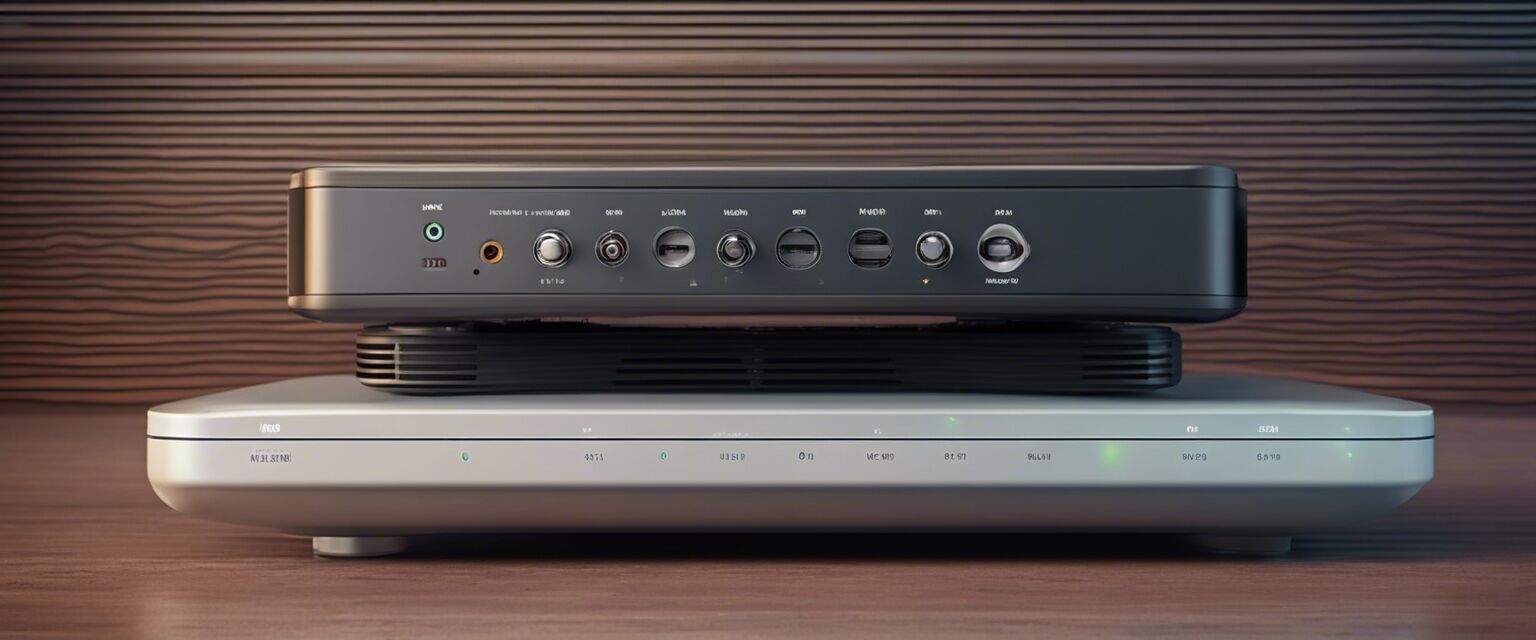
By following this guide, you'll be well on your way to choosing the perfect modem for your needs. Remember to research and compare different modems before making a purchase.

